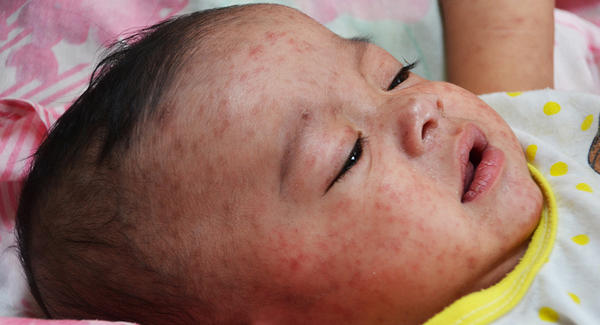
Introduction
Measles, a highly contagious viral disease, has seen a resurgence in several regions globally, raising alarms among public health officials. With the World Health Organization warning that measles could return at alarming rates, understanding this disease and the critical role of vaccination is more important than ever. The recent outbreaks across Canada and other countries underscore the need for vigilance in vaccination efforts.
Current Outbreaks and Statistics
As of late 2023, Canada has recorded an increase in measles cases, particularly in areas with lower vaccination rates. The Public Health Agency of Canada reported that from January to September 2023, there were 45 confirmed cases of measles, up from just 12 in the previous year. These statistics highlight the concerning trend of declining vaccination coverage due to misinformation and vaccine hesitancy.
The Centers for Disease Control and Prevention (CDC) indicated that measles can spread through respiratory droplets when an infected person coughs or sneezes. Notably, an unvaccinated person can contract measles simply by being in the same room as someone with the virus, illustrating its highly contagious nature.
Importance of Vaccination
The measles vaccine, typically provided as part of the MMR (measles, mumps, and rubella) vaccination schedule, is considered safe and effective, with the World Health Organization estimating that vaccines prevent 2-3 million deaths annually. Health experts stress that achieving herd immunity—typically involving immunization rates of at least 95%—is crucial in preventing outbreaks. Communities at risk are often those with lower vaccination rates, where misinformation about vaccine safety has taken hold.
Efforts to Increase Vaccination Rates
In response to the increasing number of cases, public health officials across Canada have ramped up efforts to encourage vaccination. Campaigns are being launched using social media to educate the public about the safety and importance of vaccinations. Local health units offer free vaccination clinics, especially targeting communities with low immunization rates. Schools are also reinforcing the importance of keeping vaccination records up-to-date as part of their health policies.
Conclusion
The resurgence of measles cases serves as a reminder of the importance of robust vaccination programs. The need for vigilant public health advocacy is clear, as misinformation continues to undermine progress in immunization efforts. For individuals, participating in vaccination programs not only protects their own health but also strengthens community immunity. As Canada works to increase vaccination rates, it represents a crucial step in safeguarding public health against potentially devastating outbreaks.



